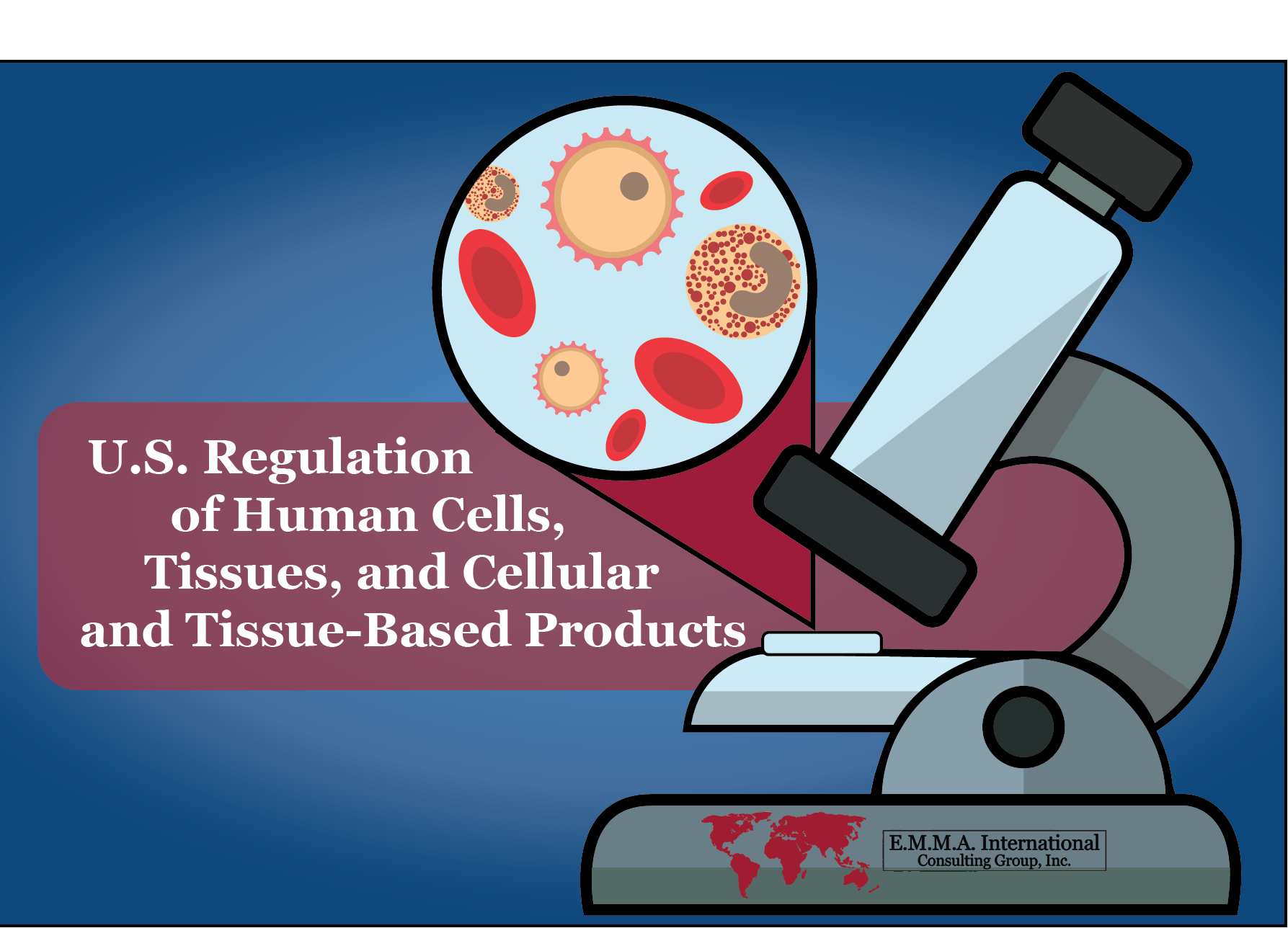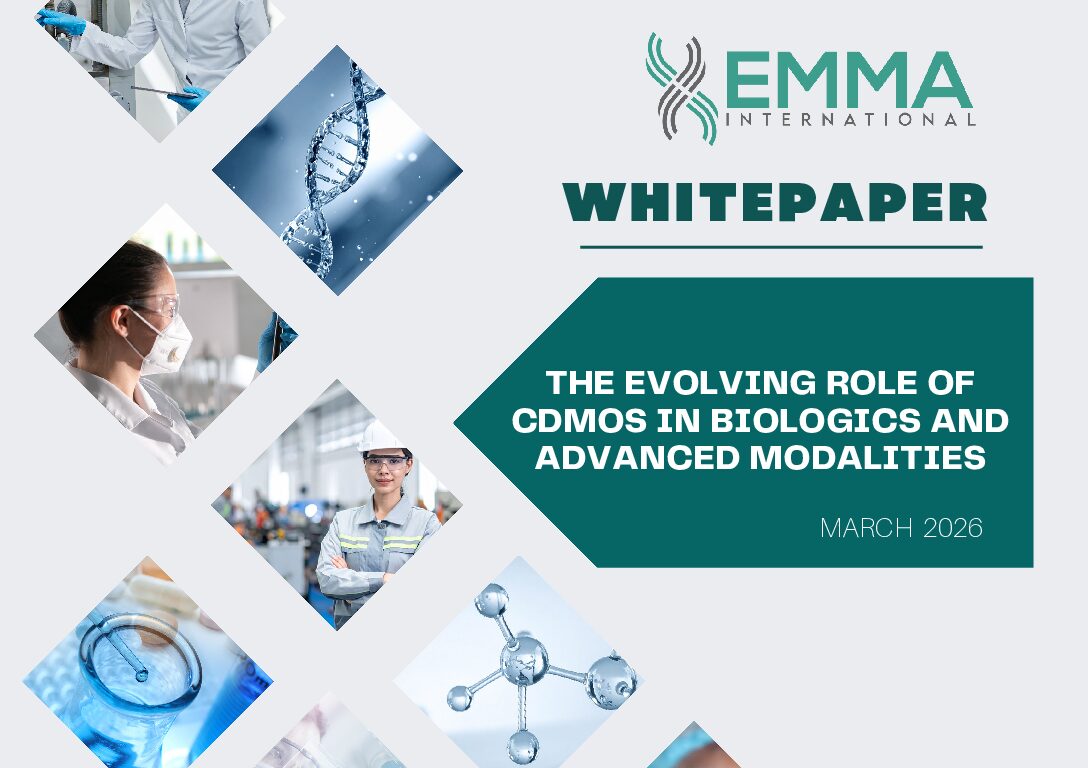It is likely that you know someone who has received a ligament or tendon replacement, a cornea transplant, or a skin graft. If these tissues were derived from humans, are these products regulated by FDA? This blog will provide an overview of the regulatory framework for these types of products.
Certain human cells, tissues, and cellular and tissue-based products (HCT/Ps) do not require premarket approval, as identified in 21 CFR 1271.10(a) and section 361 of the PHS Act. The criteria for these HCT/Ps are as follows:
- The HCT/P is minimally manipulated;
- The HCT/P is intended for homologous use only, as reflected by the labeling, advertising, or other indications of the manufacturer’s objective intent;
- The manufacture of the HCT/P does not involve the combination of the cells or tissues with another article, except for water, crystalloids, or a sterilizing, preserving, or storage agent, provided that the addition of water, crystalloids, or the sterilizing, preserving, or storage agent does not raise new clinical safety concerns with respect to the HCT/P; and
- Either:
- The HCT/P does not have a systemic effect and is not dependent upon the metabolic activity of living cells for its primary function; or
- The HCT/P has a systemic effect or is dependent upon the metabolic activity of living cells for its primary function, and:
- Is for autologous use;
- Is for allogenic use in the first-degree of second-degree blood relative; or
- Is for reproductive use.
There is considerable interest in how FDA defines “minimally manipulated” and “homologous use,” and in response, FDA issued a guidance document, “Regulatory Considerations for Human Cells, Tissues, and Cellular and Tissue Based Products: Minimal Manipulation and Homologous Use,” in December 2017. “Homologous use” signifies that the HCT/P can perform the same basic function(s) in the recipient as in the donor. For example, a ligament or tendon allograft can be used in anterior cruciate ligament (ACL) reconstruction. “Minimally manipulated” is a more complicated criterion to define, as all processing steps (e.g., enzymatic digestion, decellularization) for the tissue must be considered in determining whether the processing alters an original relevant characteristic of the tissue.
Although the HCT/Ps that meet all the above criteria do not need premarket approval, the human cells, tissue, and cellular and tissue-based product establishments must register with FDA and list their applicable products. Additionally, there are rules on determining suitability of tissue donors and current good tissue practices for manufacturers of human cellular and tissue-based products.
FDA believes that numerous HCT/P manufacturers have products that do not meet all four criteria for regulation under 21 CFR 1271, and have encouraged manufacturers to engage with the agency to determine if their products are subject to premarket approval requirements. FDA will likely increase their oversight related to cell-based regenerative medicine, so HCT/P manufacturers should understand whether their products are considered lawful 361 HCT/Ps.
Do you have questions or want to know more about the regulatory pathway for your product? Please contact us at (248) 987-4497 or info@emmainternational.com.




